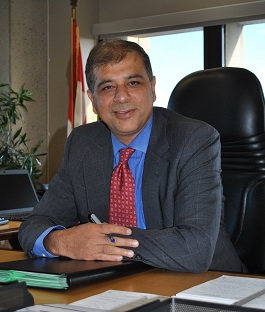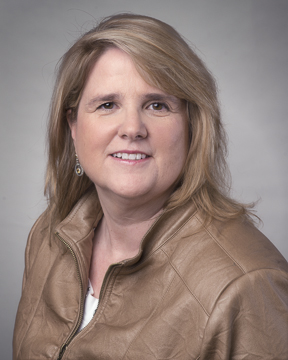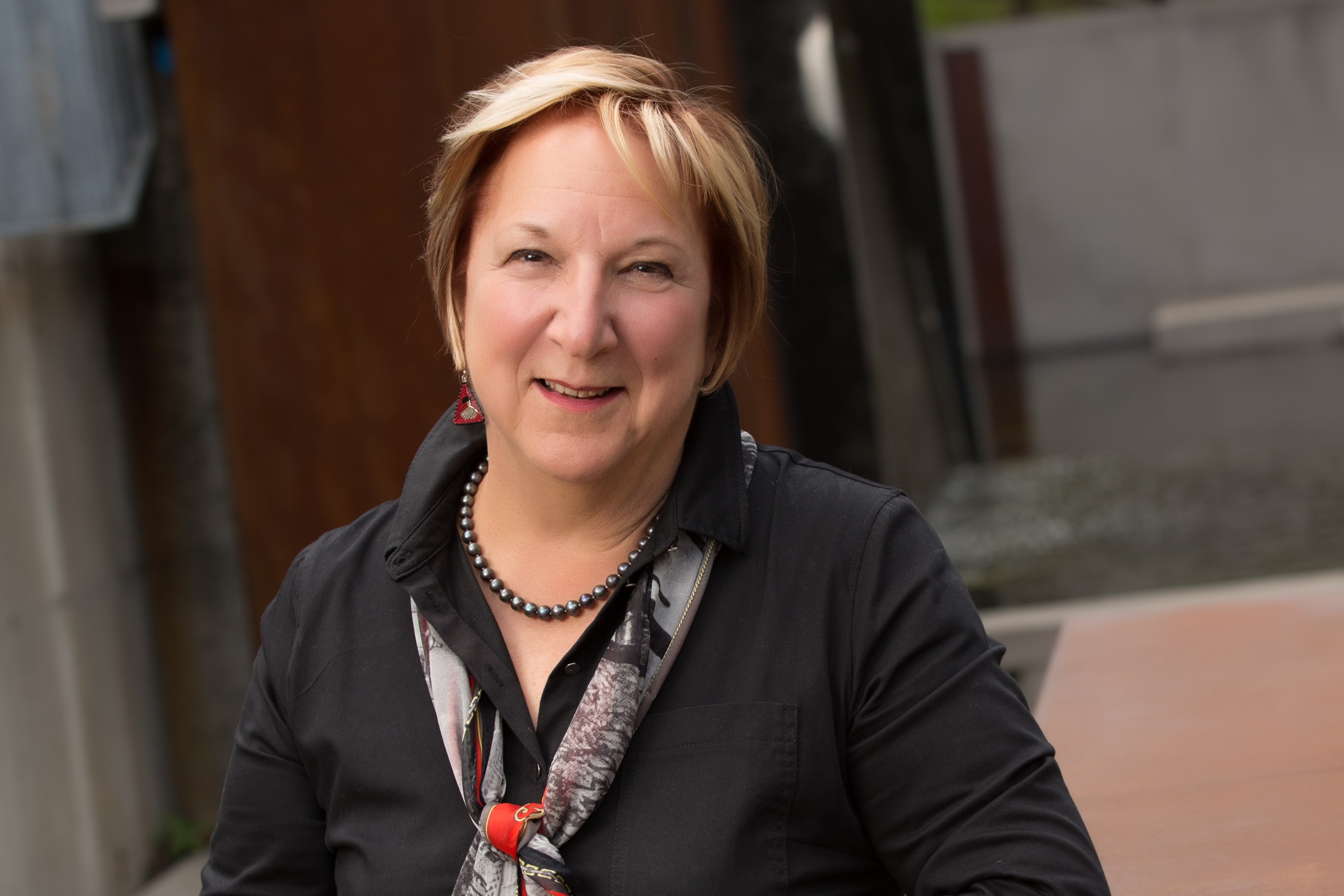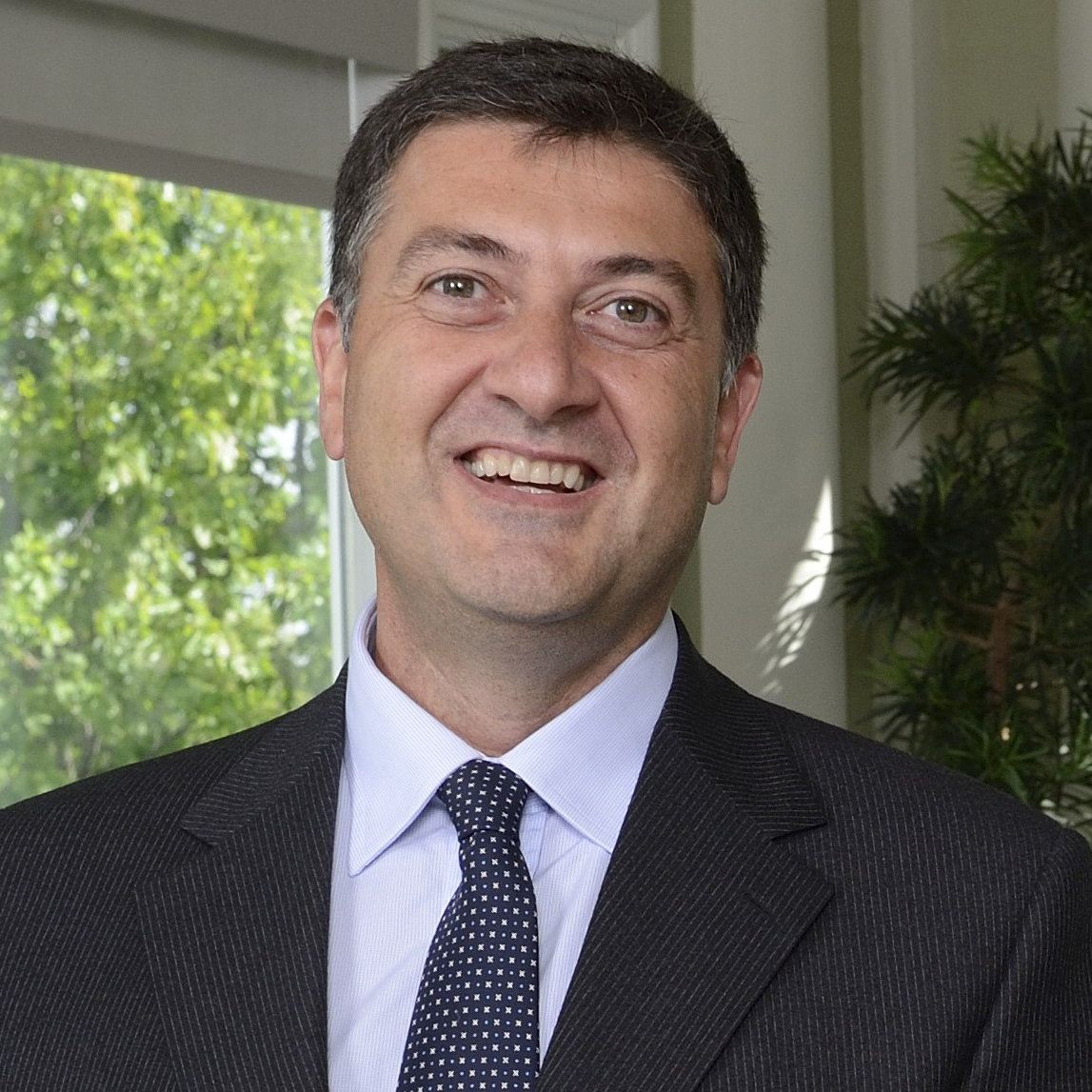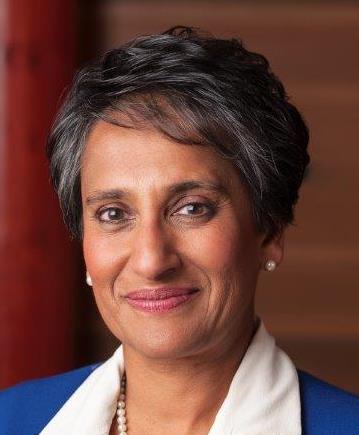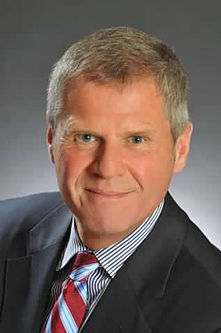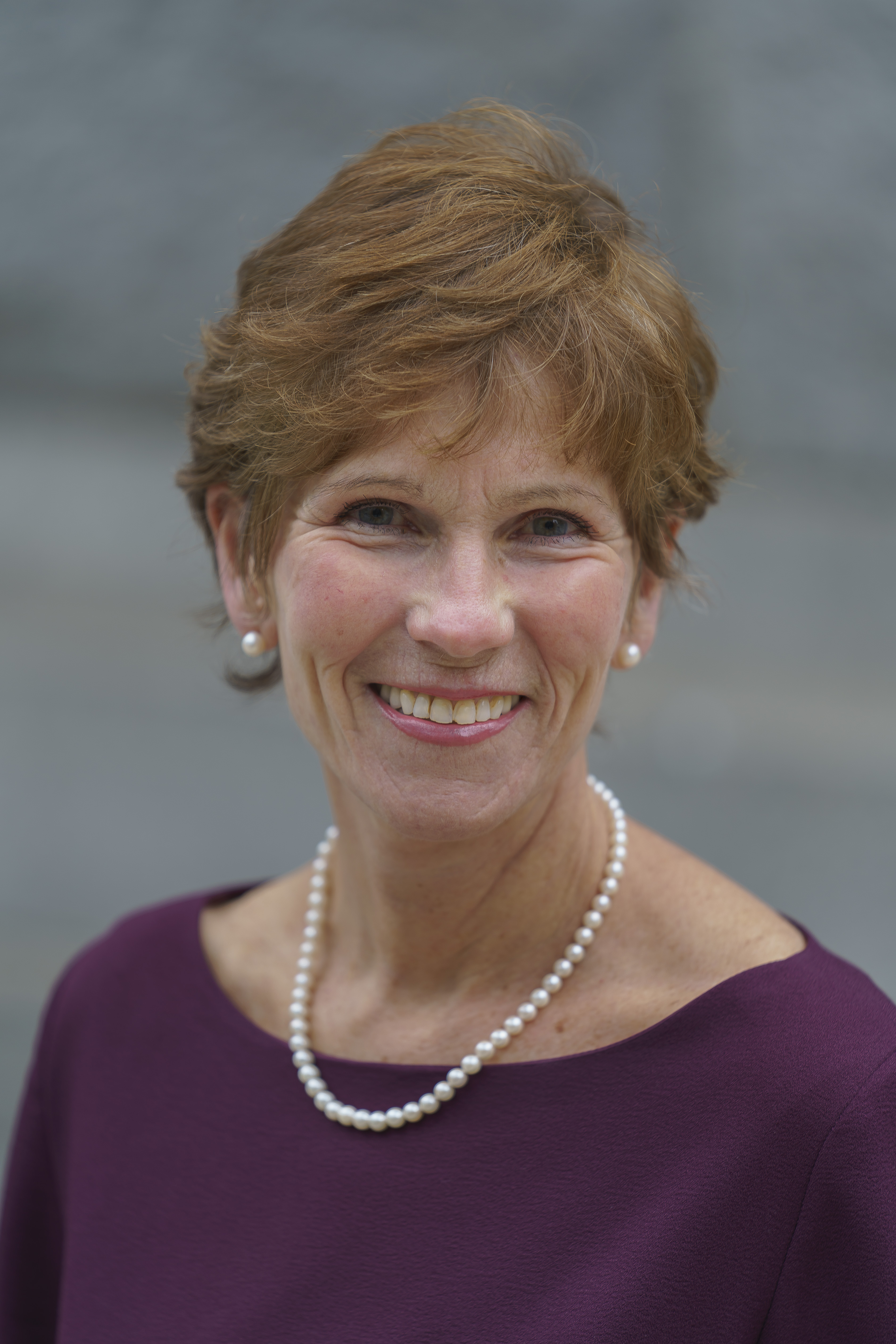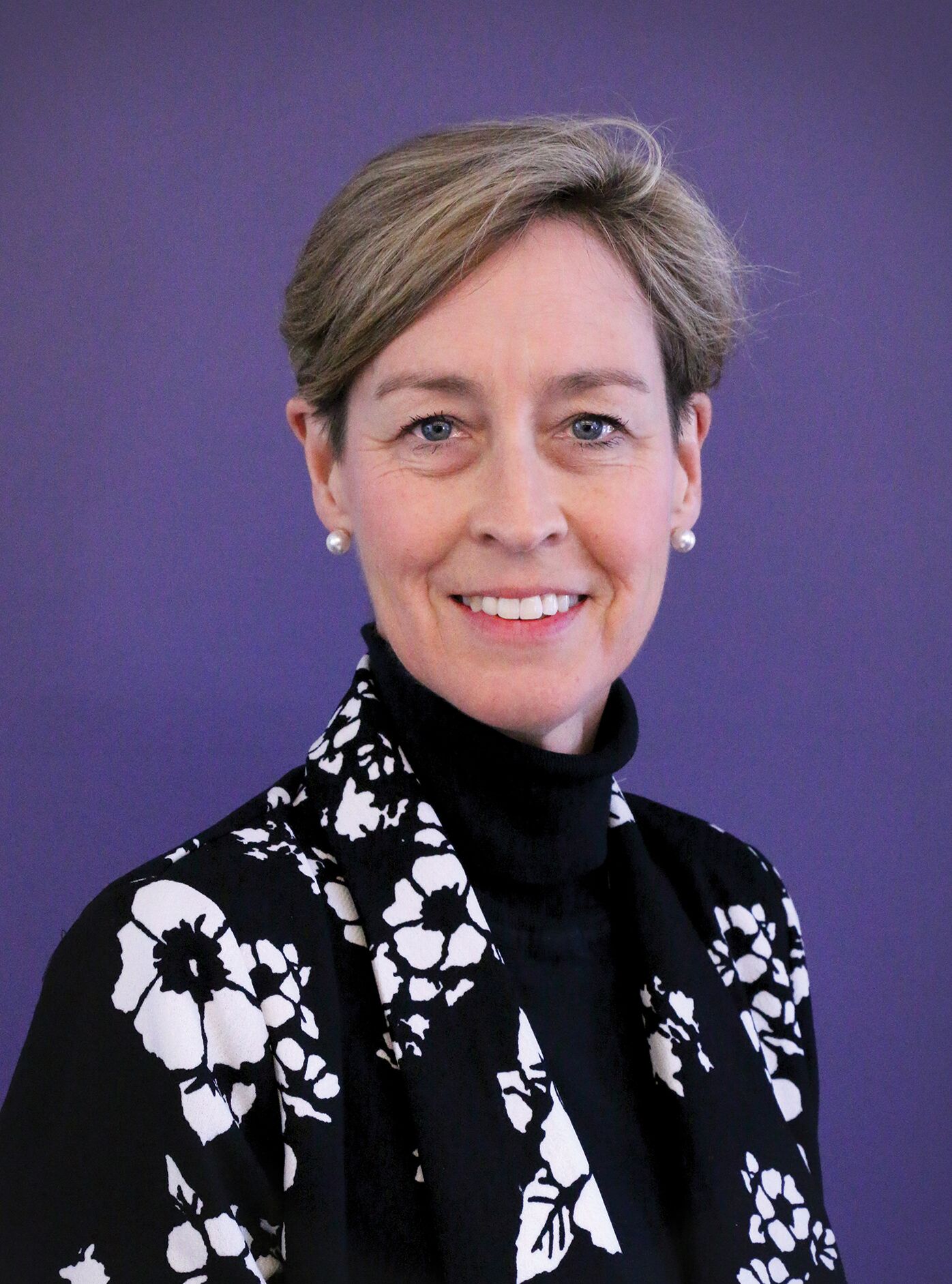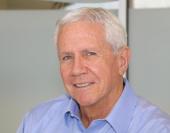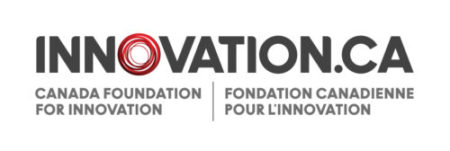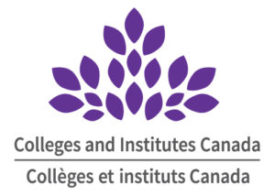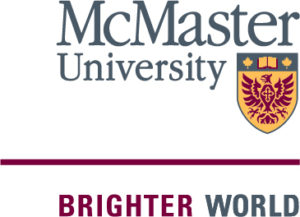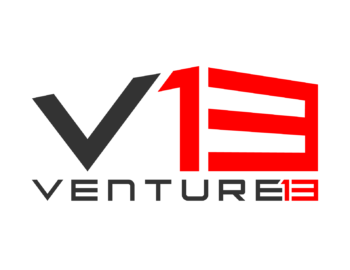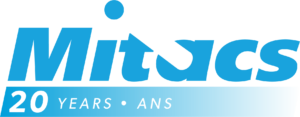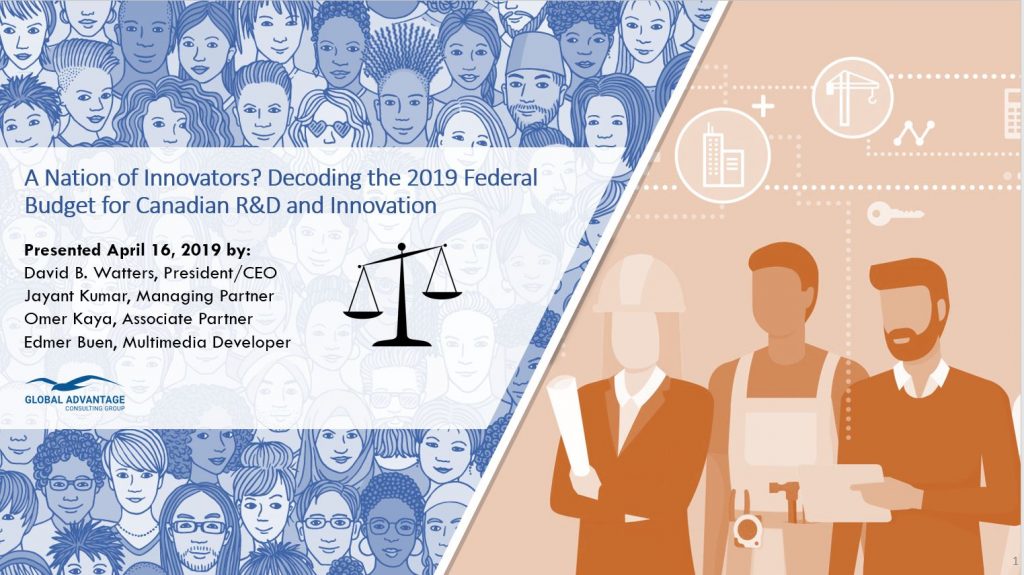Thank you to everyone who attended this year’s conference. What an amazing group of people! We look forward to seeing you again next year.
Conference proceedings now available.
16-17 April 2019 | National Arts Centre | Ottawa, ON
Does Canada have the right policy ingredients to build a prosperous future based on innovation in the knowledge economy? Smart and generous investments in research have built a strong talent base that is attracting international attention from multinational firms. Yet efforts to diversify our economy to include more globally competitive firms in knowledge-based and R&D-intensive industry sectors have yielded disappointing results for decades. Our challenge is to figure out how to maintain our research and talent strength while adding new policies and programs to accelerate firm growth and increase the number of large Canadian-owned multinationals.
The federal government has recently implemented a number of major initiatives to try to kickstart this process and galvanize Canada’s innovation ecosystem, including the six Economic Strategy Tables, Innovation Canada and Impact Canada, the Innovation Superclusters Initiative, the Accelerated Growth Service and the Venture Capital Catalyst Initiative. A new skills strategy is in the works to address the critical need for talent. Policies around equity, diversity and inclusion (EDI) throughout the innovation ecosystem promise to expand Canada’s talent pipeline.
By engaging business leaders more effectively and focusing on industry sectors where Canada has strengths, the policy community is aiming to ramp up the country’s innovation economy. At the same time, investments in basic and applied research, with added incentives for EDI, multidisciplinary research, industry-academic collaboration and international linkages are designed to maintain Canada’s talent strength.
With an election less than a year away, people are assessing the government’s record and the innovation community is no exception. The 18th annual conference will bring together business, finance, government and academic leaders involved in these initiatives and related ones to assess their potential for building a strong economy and continuing prosperity and high quality of life for Canadians.
What to Expect
- High profile speakers including business leaders from some of Canada’s fastest growing tech firms, senior government policy makers and leading academics and innovation thought leaders
- Over 50 panelists and speakers working on the forefront of innovation in Canada
- Displays from prominent members of the innovation community
- Excellent networking opportunities
- Attendees generally include executives and program managers from all levels of government, CEOs, entrepreneurs, angel investors, venture capitalists, research and commercialization leaders from universities and colleges across Canada, and a variety of other representatives from industry, investment, academia, government and intermediaries
Special Rate for Subscribers
We love our subscribers and are happy, as always, to offer them a discount to attend the conference. This year’s discount is $100!* Email adity@researchmoneyinc.com for your code.
Students
The RE$EARCH MONEY Conference is an excellent opportunity for students interested in entrepreneurship, business and innovation to hear from and network with prominent members of Canada’s innovation community. We are offering a special conference rate for students of only $250+tax, which includes our three-course dinner on the evening of April 16th, 2019.
Accessibility
Please note that the National Arts Centre is a fully accessible venue. If you have any requirements that would help you access the full conference experience, please let us known at info@researchmoneyinc.com and we will do our best to accommodate your request.
*Only applies to a single full conference registration. Cannot be combined with other discount codes or special offers.
Conference Program
Day 1 - April 16, 2019
07:30 - 08:30
Registration and exhibits
Continental breakfast will be served.
08:30 - 08:45
Welcome address
08:45 - 09:30
Opening Keynote: Federal Budget 2019
David Watters, President and CEO, Global Advantage Consulting Group Inc
09:30 - 10:00
IBM Emerging Technology Presentation (Orenda Solutions)
Tanya Seajay, Founder and CEO, Orenda Software Solutions Inc
10:00 - 10:30
Networking break and exhibits
10:30 - 11:15
Parallel sessions | SESSION A | FDI attraction and scaling domestic MNEs: Are they compatible?
All levels of government in Canada provide funding and other incentives to encourage foreign direct investment (FDI), attracting foreign multinationals to set up shop in our communities. At the same time, governments are trying to support the growth of domestic multinationals who generate export revenue, create jobs and serve as anchors in the Canadian innovation ecosystem. How can these two policies work together?
10:30 - 11:15
Parallel sessions | SESSION B | Using all of our chefs: Increasing the potency of interdisciplinary research
Marie Franquin , Ph.D. student, Neuroscience, McGill University; Co-President, Science & Policy Exchange
Chelsea Gabel, Assistant Professor, Canada Research Chair in Indigenous Well-Being, Community Engagement, and Innovation, McMaster University
Stefan Leslie, Executive Director, Marine Environmental Observation, Prediction and Response (MEOPAR)
In a global research environment that is increasingly multi-disciplinary, Canada’s three granting councils remain largely discipline-based. The creation of the Canada Research Coordinating Committee, with significant funding for interdisciplinary research as well as international collaboration, is opening the door to new funding models. What is unique about interdisciplinary research? What is its potency? What are the challenges inherent in interdisciplinary research and how can we surmount them? How do we engage academic and non-academic actors in an effective, impactful way?
11:15 - 12:00
Parallel sessions | SESSION A | Financing scale: Finding the right investment blend
Canada’s venture capital industry has matured significantly over the past decade, in part due to government policies and funding. For high-growth firms with aspirations to scale, finding the right VC investors can be transformational, but Canada’s track record shows most of our VC-backed firms end up being sold offshore before they reach significant scale. How can other financing mechanisms such as private equity and the capital markets be mobilized to provide essential later-stage capital so that successful Canadian firms can continue to grow and stay in Canada? What policies do we need to ensure an effective investment mix that will support Canada’s existing global leaders and nurture the growth of others?
11:15 - 12:00
Parallel sessions | SESSION B | IP: An essential ingredient for progress
Max Skudra, Director, Research and Government Relations, Canadian Council for Aboriginal Business (CCAB)
Paul Snelgrove, Director, Canadian Healthy Ocean Network (CHONe) and Associate Scientific Director, Ocean Frontier Institute
Intellectual property can be the life-blood of a company, especially in research-intensive industry sectors such as pharma, medical devices and some cleantech businesses. As Canada develops a national IP strategy, what advice have policy makers been receiving and what directions are being pursued to enhance Canada’s innovation performance? As the digital economy grows and entrepreneurs build business models around data, how will Canada’s IP and data strategies be coordinated effectively to protect Canadian digital firms and help them scale? How will the newly announced Patent Collective pilot work and what are the implications for scaling domestic tech firms, academic-industry collaborations and public funding of research and entrepreneurship?
12:00 - 13:00
Networking lunch, exhibits and IBM Emerging Technology Presentation (Qoints and hiwave)
13:00 - 14:00
Parallel sessions | SESSION A | Growth strategies for Canadian companies – insights from Canada's winners
Rupen Seoni, Senior Vice President, Practice Leader, Environics Analytics
Until recently, Canadian innovation policy has focused on commercialization of academic research and supporting start-up entrepreneurs and firms. A new focus on supporting established firms that have the ambition and potential to scale globally has raised the question of how best to do it. A panel of entrepreneurs who have successfully scaled will share their experiences and insights regarding policies that work – and those that don’t. What challenges have they encountered on their growth journey and how have they dealt with them? What new challenges do they anticipate as they continue their growth trajectories, and are there ways that governments can enhance their chances for success?
13:00 - 14:00
Parallel sessions | SESSION B | Digital strategies for a successful tomorrow
Sasha Hobbs, Chief Operating Officer, First Nations Technology Council (FNTC)
Dugan O'Neil, Associate Vice President, Research, and Professor of Physics, Simon Fraser University
The digital economy is growing rapidly. Data is becoming an increasingly valuable asset that is creating new business models and disrupting traditional systems in our personal and professional lives. In Canada, we excel in developing digitally-savvy graduates and fostering a vibrant startup ecosystem. But we have few large firms, and foreign acquisitions of the few we have are only too common. How can government better support the scaling up and sustainability of Canadian digital firms? At the same time, how can the government take advantage of the rich store of data it has access to? This panel will explore strategies and initiatives that are being developed to position Canada to seize the digital opportunity and enhance the prosperity and quality of life of Canadians.
14:00 - 15:00
Parallel sessions | SESSION A | Re-thinking Regulation – Adding agility to Canada’s system
Corinne Pohlmann, Senior Vice President, National Affairs and Partnerships, CFIB
Michael Presley, Director, Centre for Public Management and Policy (Odell House) at the University of Ottawa
Regulations not only protect people and the environment, they also serve as strategic tools for business that can provide a competitive advantage for Canada. The recent horizontal review of regulations is looking at creating a more efficient and effective regulatory framework across all of government. What changes are afoot and what needs to be done to support Canadian innovators while protecting the public?
14:00 - 15:00
Parallel sessions | SESSION B | The place of policy in enforcing EDI practices
Jane Ngobia, Senior Advisor, to the President, Equity, Diversity and Inclusive Communities, Sheridan College
Mahadeo Sukhai, Head of Research and Chief Accessibility Officer, CNIB
Principles of equity, diversity and inclusion (EDI) have begun being integrated into the fabric of the federal government’s policies and programs, including those directed to the science, technology and innovation ecosystem. How are these changes affecting organizations that depend on government funding and support? At the same time, organizations themselves are working to develop internal policies that promote EDI . To what extent are policies effective in changing the culture of organizations? What lessons can we learn from efforts so far? What else needs to change?
15:00 - 15:30
Networking break and exhibits
15:30 - 17:00
Plenary Panel – Talent and Skills: Using the full spice rack
Moderator: Benoit Tessier, Director General of Skills Policy and Economic Strategy Tables at Innovation, Science and Economic Development (ISED)
Rhonda Barnet, President & Chief Operating Officer, AVIT Manufacturing
Chadi Elkadri, Chief Innovation Officer, SOTI Research and Innovation Lab
Elisha Ram, Associate ADM, Skills and Employment Branch, Employment and Social Development Canada (ESDC)
Attracting and retaining the right talent is the top challenge facing companies and research institutions today. As Canada develops the skills portion of its Innovation and Skills Plan, what policy levers and programs are being developed to address this critical need? How can we strike a balance between helping job seekers (supply side) and meeting the talent needs of Canadian companies (demand side)?
17:00 - 17:30
Fireside Chat - Getting engaged: How governments can connect with startups
Tanya Seajay, Founder and CEO, Orenda Software Solutions Inc
17:30 - 18:30
Reception and exhibits
18:30 - 21:00
Dinner - With Special Guest Speaker and Panel
Jonathan Margolis, Acting Deputy Assistant Secretary for Science, Space and Health, US Bureau of Oceans and International Environmental and Scientific Affairs
18:30 - 21:00
Dinner Panel - Whither science advice: A conversation with Canada’s science advisors
Moderator: Paul Dufour, Senior fellow, University of Ottawa’s Institute for Science, Society and Policy and Principal, PaulicyWorks
Sarah Gallagher, Associate Professor, Physics and Astronomy, Western University, Science Advisor to the President of the Canadian Space Agency
Dan Wayner, Science Advisor & Chief Science Officer, National Research Council (NRC)
Canada’s Chief Science Advisor and her colleagues share their thoughts and experience on providing science advice to government. What has been the demand for science advice so far? How does one create more demand? How are the advisors coordinating their “intelligence” on cross-cutting issues facing government?
Day 2 - April 17, 2019
07:30 - 08:30
Registration and exhibits
A hot breakfast will be served.
08:30 - 09:30
Plenary Panel – Superclusters: Post-launch plans and strategies
Sue Paish, CEO, Digital Technology Supercluster
The Innovation Supercluster Initiative is up and running. They’re going into their second official year – but functionally, this will be their first year of full operation. Now that the five supercluster organizations are established, how are they planning for the coming year and beyond? What programs are in place and being planned? How are they coordinating their efforts on cross-cutting issues? What will success look like after their five-year mandate is complete, and beyond?
09:30 - 11:00
Plenary Panel – Superclusters: Industry perspectives
David Dzisiak, North America Commercial Leader for Grains & Oils for Corteva Agriscience
Warren Wall, Executive Vice President, Corporate Affairs, D-Wave
Industry leaders involved with one or more of the five superclusters share their business goals and their hopes and dreams for the superclusters. What challenges do their companies and their industry sector face in Canada and how can the supercluster help? How do they define success for their business and for the supercluster? What opportunities do they see for growing a vibrant ecosystem in their sector, including supporting the establishment of large anchor firms? On what timeframe do they think these advancements are feasible?
11:00
Special Announcement
Tom Hughes, Manager, Innovation Exploitation, Defence Research and Development Canada
11:00 - 11:30
Networking break and exhibits
Apr/17/2019 11:30 - Jan/14/2020 12:30
Plenary Panel – Mixing Ingredients: Whole-of-government initiatives in supporting innovation
Nancy Hamzawi, Assistant Deputy Minister, Science and Technology at Environment and Climate Change Canada
Andrea Johnston, ADM, Innovation Canada - Innovation, Science and Economic Development Canada
Wayne Moore, Director General, Strategic and Regulatory Science Directorate, Fisheries and Oceans Canada (DFO)
Rob Wright, ADM, Science and Parliamentary Infrastructure Branch, Public Services and Procurement Canada
Gilles Saindon, Associate Assistant Deputy Minister, Agriculture and Agri-Food Canada
Today’s world has major societal and economic problems that require many different players with diverse interests and perspectives to creatively work together on solving them. On this panel, senior government policy makers will review their strategies and progress in interdepartmental collaboration, as they work to tackle challenges that cut across departmental mandates and areas of responsibility.
Apr/17/2019 12:30 - Jan/14/2020 13:00
Conference Close


